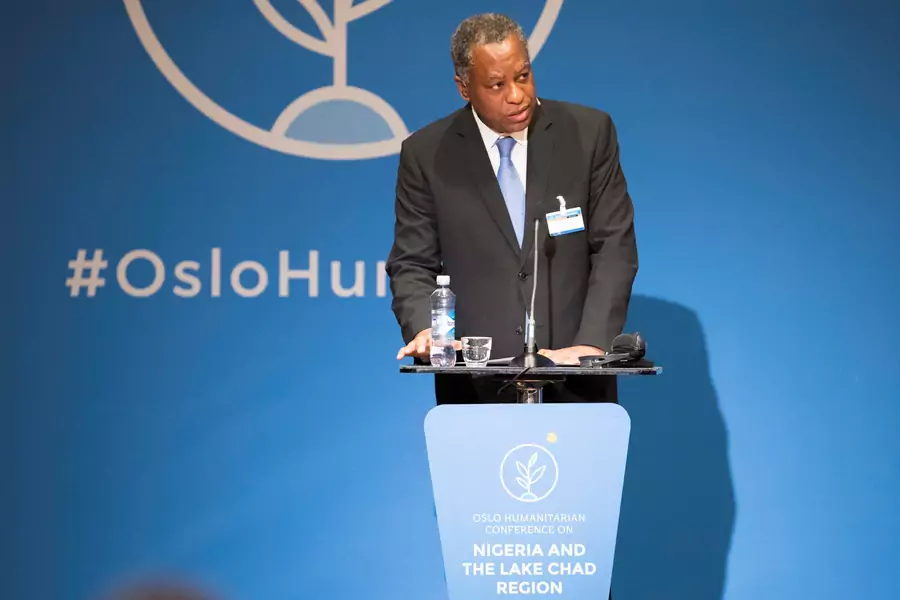Strapped for Cash, Nigeria Plans to Close Some Embassies

Nigeria, the “Giant of Africa,” has a long history of diplomatic leadership. It was one of the founders of the African Union and of the Economic Community of West African States. It regularly occupies the Africa seat on the UN Security Council. It is one of the largest suppliers of peacekeepers to the United Nations and the African Union. It currently has over one hundred embassies, and many consulates.
But, diplomatic establishments are expensive, and the Nigerian federal government is often short of funds. Its budget is heavily dependent on oil revenues, which are lower than they once were. The 2019 budget for overseas missions is reportedly 64 percent lower than it was in 2018, but reports of ambassadors and diplomats not being able to pay school fees and utilities, among other things, because of a lack of government funds, are not uncommon.
More on:
Government resources are stretched. The country faces ongoing attacks in the northeast from the radical Islamist group, Boko Haram, bloody conflicts in the middle of the country over land and water use, and the oil patch is restive. The army is stationed in thirty-two of the federation’s thirty-six states.
Hence, it should be no surprise that Foreign Minister Geoffrey Onyeama announced the pending closure of three embassies—those of the Czech Republic, Serbia, and Sri Lanka—because of a shortage of funds. The embassy in Ukraine will be downsized. All four were small, mostly involved with the provision of consular services to Nigerians, and headed by charge rather than an ambassador. They each maintain embassies in Abuja.
The closure of the four embassies of Nigeria is unlikely to have a significant impact on Nigeria’s diplomatic relations with the four countries. In a period of budget stringency, the closure of four small missions would appear to be prudent, and are consistent with President Muhammadu Buhari's stated goals. However, the embassy closures do indicate something of Nigerian diplomatic recessional, and this is likely just the beginning.
More on:
 Online Store
Online Store